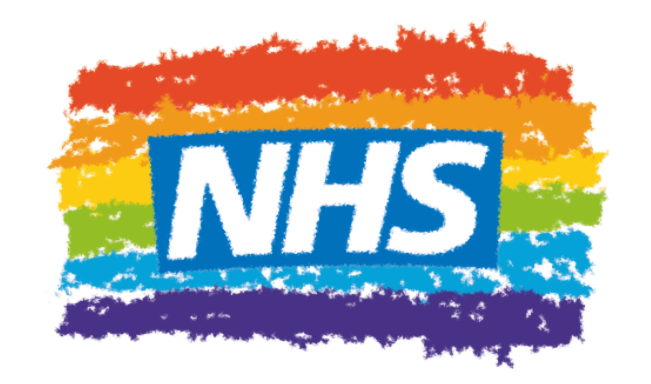Not Again ….

From 1988 on young children treated for complex heart complaints at the Bristol Royal Infirmary had high death rates, higher than might be expected for such difficult surgery. Between 1986 – 1995 170 children who would likely have survived in other units, died; about 25 – 30 suffered permanent brain damage. An inquiry by Professor Ian Kennedy QC found a unit “simply not up to the task“, a result of poor leadership, a doctors’ “old boys‘” culture, secrecy and a lax approach to safety. What made the scandal so much worse were two things: (1) local GPs knew there was a problem but no-one spoke up; (2) the one whistleblower doctor who repeatedly raised concerns, not just with the hospital but with other authorities, was ignored (eventually moving to Australia to continue his career).
There have been other similar problems in the NHS involving some of its most vulnerable patients – mothers and children. For example:
- Northwick Park Hospital: 2 inquiries into maternal deaths 2002 – 2005; the deaths of mothers – and now – babies continue. In 2020 after yet another inquiry, the unit was described as “a risk to patient safety“.
- Morecambe Bay: deaths of babies between 2004 – 2013. An inquiry. In 2021 a finding that the unit was “inadequate” and services had “deteriorated“.
- Shrewsbury and Telford: a 2017 inquiry into such poor care that 15 women and 40 babies died.
- Wales Cwm Taf: sub-standard maternity care at two hospitals in Merthyr Tydfil and Llantrisant resulted in the hospitals being put into special measures in 2019.
- East Kent Hospitals: serial failings here – a damning 2016 inquiry leading to 23 recommendations for improvement, only 2 of which were implemented; 24 maternity investigations from 2018 onwards and in 2021 the first prosecution for serious failures in care leading to the death of a week old baby. Last year it was revealed that over a 4 year period 130 babies had suffered brain damage as a result of poor care during their birth.
- Nottingham University Trust: between 2010 – 2020 46 babies had suffered brain damage and 19 had been stillborn. The unit was described as “chaotic” and “dangerous“.
There are some common reasons for these failings: poor leadership, a failure to listen to or act on concerns, staff under pressure, failures to investigate or learn from incidents, poor working relationships and, sometimes, an insistence on pursuing particular treatments regardless of the evidence or concerns raised. Whistleblowers were ignored or derided.
Now we have the latest iteration, only for older children with complex needs. The Interim report of the Cass Review of Gender Identity Services sets out – in a very lengthy and thoughtful analysis – concerns about the provision of medical care by the Tavistock GIDS clinic (rated as “inadequate” by the CQC in January 2021 ) – its structure, the lack of evidence for many of its treatments, the lack of formal diagnoses, inconsistent clinical standards inconsistently applied, safeguarding concerns, professionals feeling under pressure to adopt only one clinical approach contrary to their training and professional standards, feeling unsupported by their professional bodies and afraid to challenge. And more. Here too there were whistleblowers who were ignored and took legal action against the trust. It is not so very different from the story of the Bristol Children’s Heart Unit.
It is a dismal story made worse by two factors.(1) Many of these children are in acute distress not just because of their conditions but as a result of the delays in getting any sort of help. (2) Mental health services generally – let alone for children – are the Cinderella service of the NHS. It is hard to describe the despair at having long delays for any sort of treatment for a progressively worsening condition, let alone then find that it is inadequate and unsafe.
It can seem churlish and ungrateful to criticise the NHS. It is very large. Failings are to be expected in even the best run organisation. It has coped with the immense strains of a pandemic. Staff are exhausted, resources never seem to be enough and voters’ demands and expectations are always increasing. And yet the common themes which run through all these scandals do suggest an organisation which can find it hard to take criticism or learn lessons or listen to whistleblowers, which can become obstinately wedded to one clinical approach (natural childbirth, gender affirmation) regardless of the evidence or risks and which becomes defensive when challenged. Perhaps this is the natural defensiveness of professionals accused of not being good at their job, especially when done by ordinary people. Some of it is caused by fear of litigation. Some comes from arrogance or a belief that because its purpose is noble, so must its practice be. Whatever the multiple causes, they need addressing. The NHS faces many challenges: treatment delays being the obvious and politically most sensitive one. But the issues raised in all these various inquiries and reviews should not be ignored – as they probably will be. Otherwise we can expect more such failings, inquiries and reports.